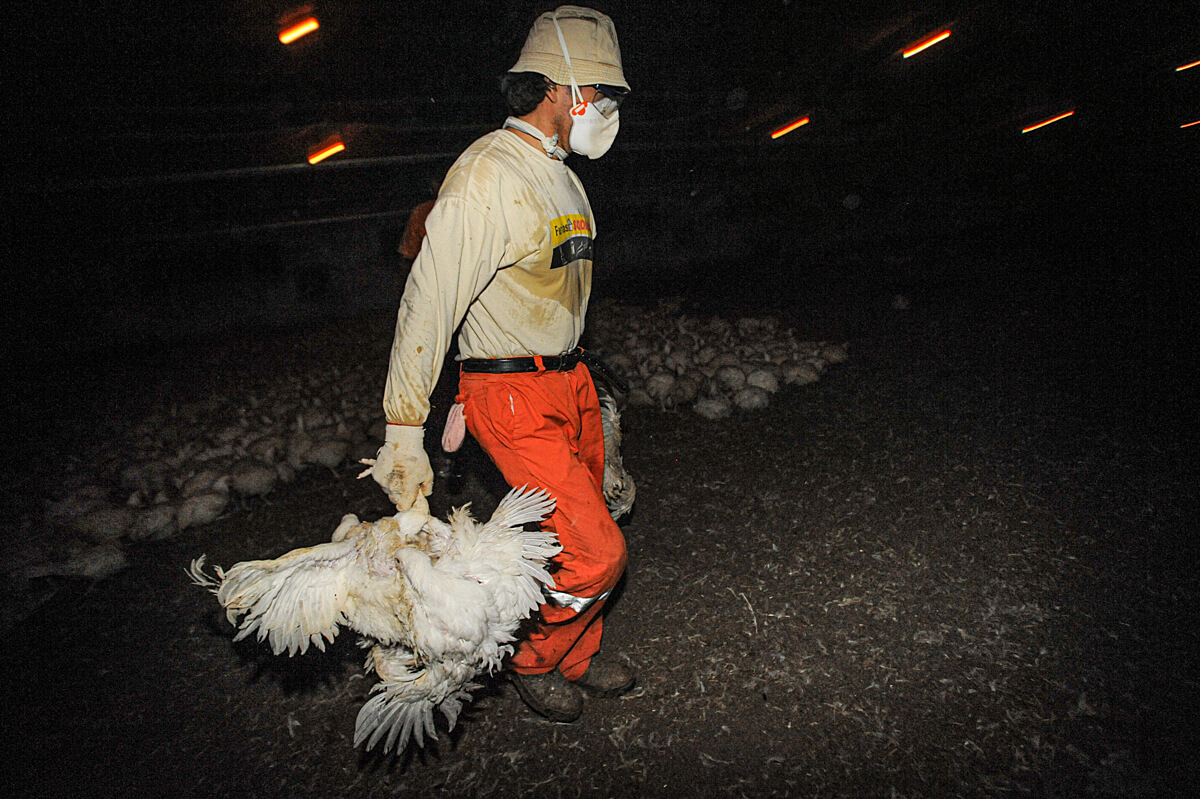The government’s long-awaited food strategy has rejected recommendations that would have tackled childhood hunger, obesity, cost of living, and meat consumption.
A delayed response to Henry Dimbleby’s ambitious and bold recommendations outlined in his National Food Strategy has been denounced as “feeble”, and a series of weak initiatives, rather than a cohesive strategy.
The founder of healthy fast-food chain Leon was chosen by Michael Gove, the minister for Defra at the time, to lead an independent commission into the state of the food system.
“Henry Dimbleby’s National Food Strategy set out a bold and ambitious vision to make good food accessible for all, and the government’s response feels like thin gruel, falling far short,” said head of food policy at the Soil Association, Rob Percival.
“At a time when people are going hungry and the climate, nature and public health crises are escalating, the absence of leadership is palpable.”
Expert advisor at the Food, Farming and Countryside Commission, Tom MacMillan, pointed out that the government’s response to Dimbleby’s report fails to address 13 out of 14 recommendations proposed, dodging a salt and sugar tax and a ban on junk food marketing, instead suggesting that the responsibility lies with individuals.
Johnson’s strategy equally fails to address soaring food prices, offering no concrete proposals to support households, and ignoring Dimbleby’s recommendation to expand free school meals to tackle children’s hunger and obesity.
“This is not a comprehensive food strategy when it fails to offer any new measures to address either the cost of living or the human and social cost of obesity,” said campaign coordinator from sustainable food and farming alliance Sustain, Barbara Crowther.
The strategy does not address the link between food, farming and health in a joined-up way. Instead, isolated areas, including industrially grown cucumbers, aquaculture and alternative proteins will receive investment as sustainable sources of food, but there is little explanation how they will lead to healthier diets.
Eating more sustainable venison was in a leaked copy of the strategy but was cut from the final version after being met with widespread ridicule.
The government said it will support regenerative farming to sustainably produce protein, although it is unclear in the paper how the government intends to support these practices and what regenerative farming means.
Critics have also questioned the government’s refusal to tell citizens to reduce the amount of meat in their diets, despite Dimbleby explicitly calling for a 30 per cent reduction.
“Careful livestock farming can be a boon to the environment, but our current appetite for meat is unsustainable: 85 per cent of farmland is used to feed livestock. We need some of that land back,” said Dimbleby in the National Food Strategy.
Instead, the government’s approach to the damaging impacts of livestock is limited to feed additives to reduce methane emissions and gene editing.
“The White Paper seems to focus heavily on hi-tech solutions and industrial farming, which the LWA believes is fundamentally the wrong way to go.” said a spokesperson for the Landworkers Alliance, a grassroots union of farmers, foresters and land-based workers.
“What we need is a whole system change – the white paper totally lacks the ambition to achieve this.”
“The document is not really a strategy, because it lacks a coherent set of actions – it’s more a collection of aspirations or proposals for consultation, with a few, relatively minor, concrete proposals thrown in,” said director at the Centre for Food Policy, Dr Rosalind Sharpe.
Despite its frosty reception, trade magazine the Grocer believe that the strategy could be more influential in the long term, recognising the mere inclusion of the ‘junk food cycle’ into the government vocabulary is a big achievement.
Campaigners have also welcomed the ambition to source half of public sector food from sustainable accreditations.
“There are fragments of policy that offer hope, especially the ambition that half of public sector expenditure should be spent on food produced locally or to higher environmental standards, like organic,” said Percival.













0 Comments